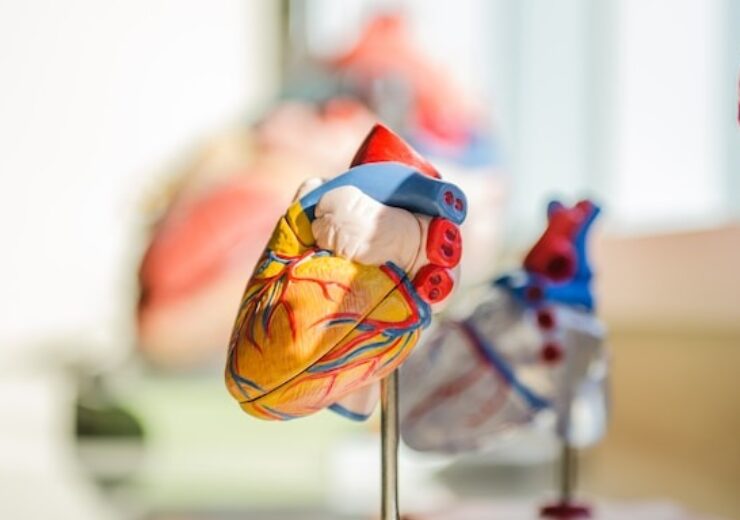The collaboration aims to adapt the CORA System for the US market and integrate the system as the preferred diagnostic technology for the early detection of CAD among both general practitioners and cardiologists

AccuLine partners with Mayo Clinic. (Credit: jesse orrico on Unsplash)
Israeli digital health start-up AccuLine has signed a know-how licence agreement with US-based non-profit medical centre Mayo Clinic for the advancement of its CORA System.
CORA is a novel solution intended for the early detection of coronary artery disease (CAD), one of the major triggers for heart attacks.
Under the terms of the agreement, Mayo Clinic will become a shareholder in AccuLine.
The collaboration aims to adapt the CORA System for the US market, by defining the product features and conducting a comprehensive clinical study as per the FDA approval requirements.
In addition, the partnership will integrate it as the preferred diagnostic technology for early detection of CAD among both general practitioners and cardiologists, said AccuLine.
AccuLine CEO Moshe Barel said: “We are thrilled to join forces with Mayo Clinic in this pivotal initiative aimed at reducing the impact of heart attacks on mortality and patient well-being.
“Mayo Clinic’s extensive clinical experience and expertise in diagnosing and treating cardiac conditions are important assets as we refine CORA, enabling the identification of individuals at high risk for heart attacks years in advance.”
According to the company, early and accurate detection of CAD is a significant clinical challenge and current diagnostic tools are either inaccurate or invasive and expensive.
The CORA system is designed to measure and interpret multiple biological indicators including cardiac electrical activity, blood oxygen saturation, and respiratory rhythm.
The system leverages advanced AI-driven signal-processing algorithms to evaluate the individual’s coronary arteries, based on two novel bio-signals in the heart’s electric activity.
In a clinical study, the CORA system effectively differentiated between individuals with and without notable coronary heart disease, with superior sensitivity and specificity of 85%.
AccuLine chief medical officer Aaron Frimerman said: “We are confident that the advancement of the technology will pave the way for a solution to address a pressing unmet need related to the world’s leading cause of mortality.
“As we collaborate with Mayo Clinic to enhance CORA’s capabilities, we are not only striving to transform CAD detection but also aiming to empower healthcare professionals with a tool that can proactively identify individuals at high risk for heart attacks.”
In a separate development, Microsoft announced that Mayo Clinic will be the first healthcare organisation to deploy its new generative AI service, Microsoft 365 Copilot.
The new generative AI service is said to combine large language models (LLMs) with organisational data from Microsoft 365 to enable new levels of productivity in the enterprise.
Mayo Clinic is testing the Microsoft 365 Copilot Early Access Program with hundreds of its clinical staff, doctors, and healthcare workers.
Microsoft 365 general manager Colette Stallbaumer said: “Microsoft 365 Copilot has the ability to transform work across virtually every industry so people can focus on the most important work and help move their organisations forward.”
Mayo Clinic chief information officer Cris Ross said: “Privacy, ethics and safety are at the forefront of Mayo Clinic’s work with generative AI and large language models.
“Using AI-powered tech will enhance Mayo Clinic’s ability to lead the transformation of healthcare while focusing on what matters most, providing the best possible care to our patients.”
